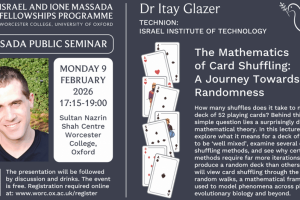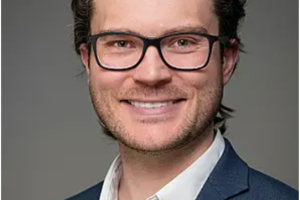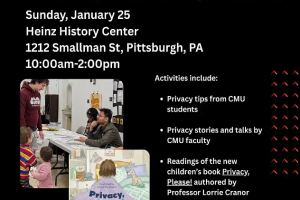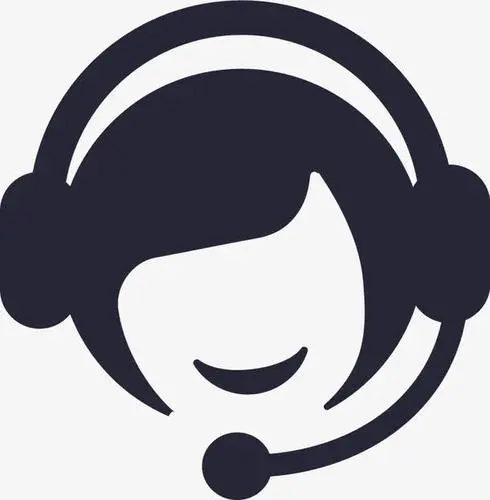Monday, April 03, 2023 at 2:00pm
Committee: John Gabrieli (co-advisor), Rebecca Saxe (co-advisor), Laura Schulz (chair), Marina Bedny (external committee member)
Date/Time: Monday April 3 at 2pm EST
Location: Singleton Auditorium, 46-3002
On Zoom: https://mit.zoom.us/j/92048847998
Title: Development of language in the minds and brains of children
Abstract: One of the most remarkable aspects of early childhood is language development: a process that epitomizes the interplay between nature and nurture in the human brain. Language skills blossom during the second year of life, but they continue to be shaped by children’s experiences as they grow and encounter new words and linguistic structures through formal education and their own pursuits. In this thesis, I present three lines of research that aimed to characterize and explore various influences on language processing in children, using both neural and behavioral measures. The first study implemented a remote, randomized controlled trial intervention to examine the impact of audiobooks paired with instructional support on children’s language skills. Using vocabulary measures tailored to the books children read, results suggest that struggling readers improved only when audiobooks were paired with instructional support. The second study investigated how children’s personal interests impact language processing in the brain. In both neurotypical and autistic children with strong interests, activation in canonical language regions was significantly greater when they listened to personalized stories about their interests than when they listened to generic stories, pointing to the importance of content on the brain’s response to language in childhood. The last set of studies involved the development and validation of a functional magnetic resonance imaging (fMRI) task designed to measure language-evoked activation in the brains of awake toddlers, an under-studied age group in fMRI research that represents a critical period of time in language development. Using this task in adults, we found robust differences in canonical language regions’ responses to forward speech compared to backward speech. Ongoing work in toddlers suggests that we can measure language-evoked activation with our approach, which will enable us to characterize language network function for the first time in awake toddlers using fMRI, as well as better understand how social context may or may not impact language processing. Together, these studies introduce novel approaches to measuring language in the minds and brains of children, and explore how factors such as interest and exposure may impact language processing during development.






